Ensuring Excellence in Early Years Education
Preparing for an Ofsted inspection can be a daunting task for any Early Years manager. The thought of an inspector firing questions at you and your team might put you in a cold sweat. However, with proper preparation and a clear understanding of what to expect, you can ease your stress and feel ready for every single question that the inspector will ask.
In this comprehensive guide, we will explore the key aspects of preparing for an Ofsted inspection. Drawing from various sources, including the Early Years Inspection Handbook and insights from experienced practitioners, we will provide you with the knowledge and tools to ensure that you and your staff are well-prepared to showcase the excellence of your setting.
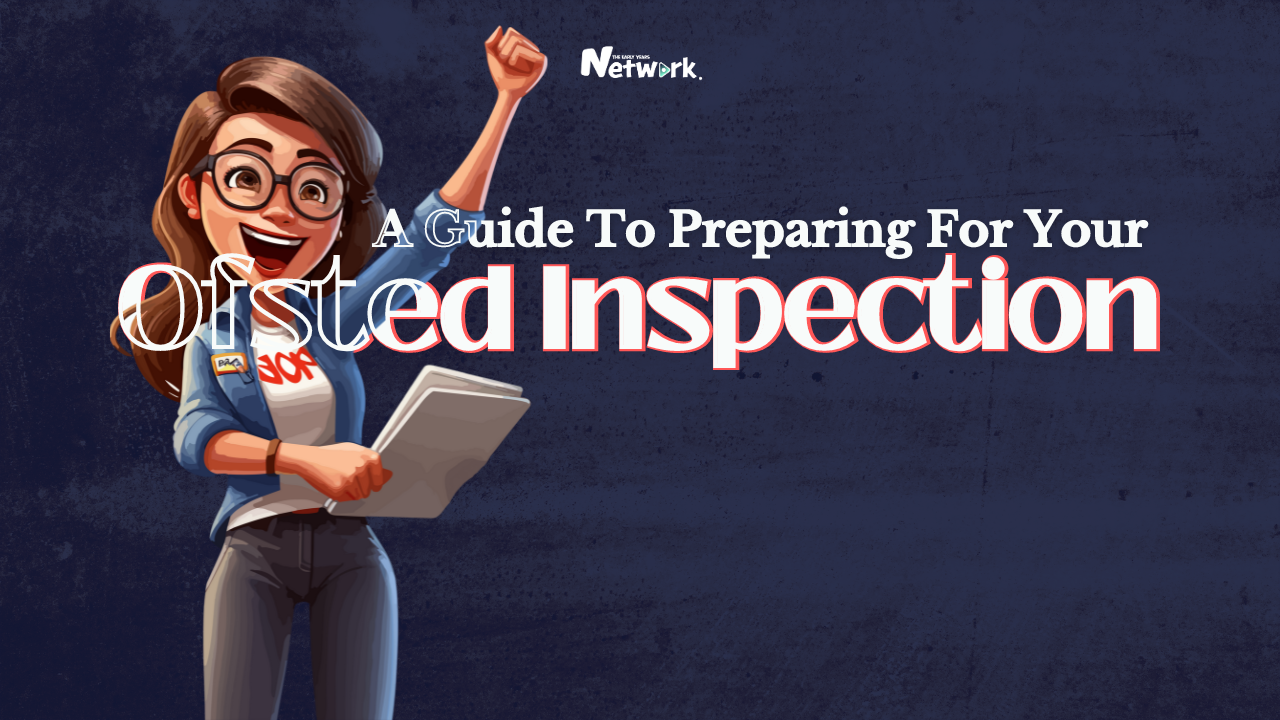
1. Preparing Your Staff for Ofsted's Questions
The 'learning walk' through the setting is a major part of the inspection, where the inspector will observe your practices and give you the chance to explain why you do everything the way you do. While it's important for managers to be knowledgeable about the Early Years inspection handbook, it is equally crucial for your staff to be well-versed in key areas such as day-to-day safeguarding and welfare requirements, the Early Years Foundation Stage (EYFS), and their specific roles and responsibilities.
One aspect that is often overlooked is preparing your staff for situations where they don't know the answer to a question. Encourage your team to calmly inform the inspector if they are unsure and explain how they would go about finding the information requested. It's important to reassure them that the inspector is not trying to catch them out but rather assess their overall understanding and readiness.
2. Understanding the Basics
Before the inspection, it is essential to ensure that you have the necessary information and documents readily accessible. Some of this information will be covered in "The Call" you receive the day before your inspection. However, to start the day off smoothly, make sure you have easy access to key details such as the number of enrolled children, staff qualifications, today's register, and the number of staff qualified in pediatric first aid.

3. Supporting Children with Special Educational Needs and Disabilities (SEND), Early Years Pupil Premium (EYPP), and English as an Additional Language (EAL)
Inclusive education is a fundamental principle in Early Years settings. During the inspection, you can expect questions about how you provide an inclusive, broad, and varied curriculum for all children, including those with SEND, EAL, and those eligible for EYPP. Be prepared to discuss how you work with relevant agencies for children with SEND, the strategies you have in place to support EAL children, and how you utilize EYPP funding. It is crucial to demonstrate how you monitor and measure the impact of your strategies to meet the specific needs of these children.
4. Effective Staffing Practices
The effectiveness of your leadership and nursery management plays a significant role in the inspection process. Expect questions about your recruitment process, staff supervision and appraisals, staff performance monitoring, and peer-to-peer observations. The inspector will also assess your leadership by speaking with your staff. Ensure that your recruitment process is robust, staff qualifications are up to date, and there is a clear system in place for staff training and professional development.
5. Safeguarding and Promoting British Values
Safeguarding children is of utmost importance in Early Years settings. Prepare to answer questions regarding your obligations under the Prevent duty, identifying warning signs of safeguarding issues, reporting procedures, and fire safety arrangements. The inspector may also inquire about how you promote British values and support children's personal development and cultural capital. It is essential to have robust safeguarding policies and procedures in place and to ensure that staff members are knowledgeable about their responsibilities in safeguarding children.
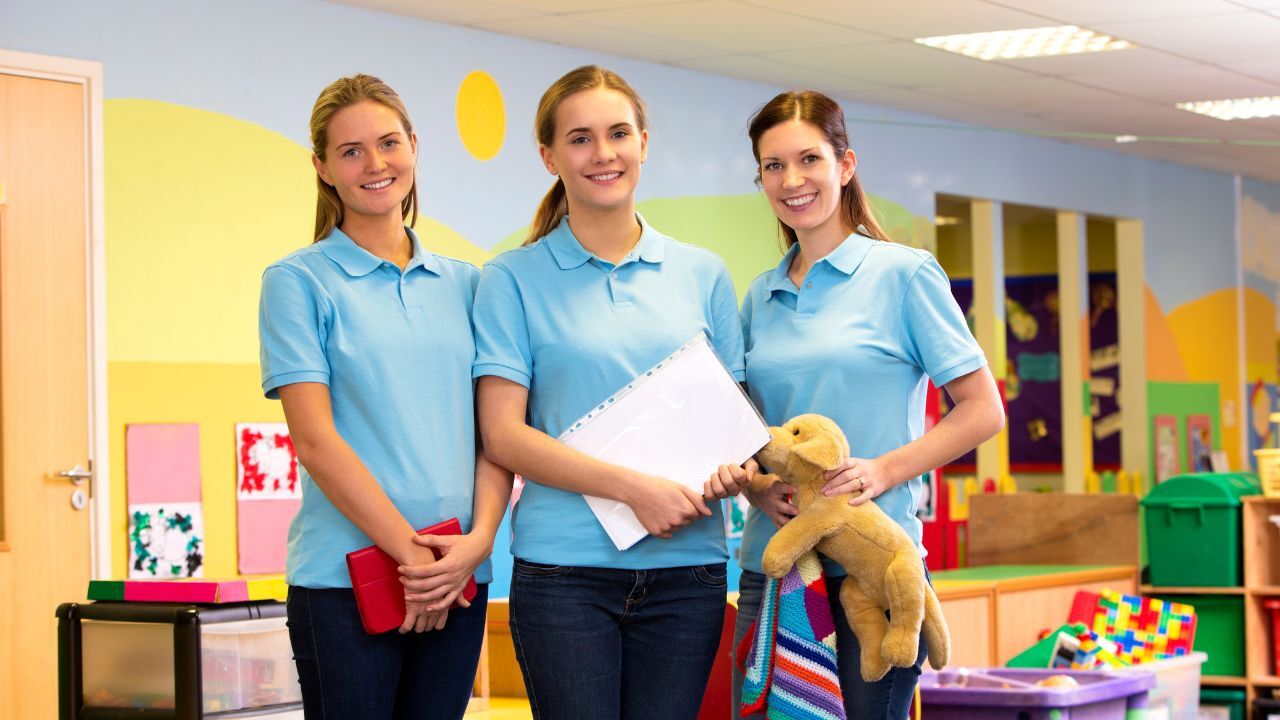
6. Policies and Procedures
During the inspection, you may be asked to provide examples of your policies and procedures and explain how they are implemented in your setting. Expect questions about how your policies support your safeguarding practice, how you communicate policies to parents, recent risk assessments, complaint procedures, and incident reporting. It is vital to refresh your memory and be prepared to discuss these examples, especially if there have been recent incidents reported to Ofsted. Ensure that your policies are aligned with statutory requirements and regularly reviewed and updated.
7. Supporting and Monitoring Children's Development within the Early Years Foundation Stage (EYFS)
The EYFS is a crucial framework for Early Years education. During the inspection, you can anticipate questions about how you support child development, your approach to observation and assessment, parent partnerships, planning processes, progress checks, and evaluation of the overall effectiveness of your EYFS curriculum. It is important to have a deep understanding of all seven areas of learning within the EYFS and how your curriculum meets the requirements. Be prepared to showcase examples of children's learning journeys and demonstrate how you adapt your approaches to meet the needs of individual children.
8. The Inspection Day: What to Expect
On the day of the inspection, it is essential to have a clear plan and routine in place. Communicate with your team and parents about the upcoming inspection, assuring them that you are well-prepared and ready to showcase your setting. Familiarize yourself with the activities the inspector will undertake, such as the learning walk, joint observations, and evidence gathering. Stay calm and confident, as your demeanor will influence the mindset of your team. Remember, the inspector is there to assess and support your practice, not to catch you off guard.
9. The Meeting at the End of the Day
At the end of the inspection day, the inspector will hold a final meeting to provide feedback and give you your grade. Throughout the day, the inspector may provide ongoing feedback and clarification on certain aspects. It is important to maintain open communication and address any concerns or issues that arise during the inspection. Remember, the inspector's aim is to work collaboratively with you to ensure the best outcomes for children.
10. Continuous Improvement: Reflecting on Your Inspection
After the inspection, take the time to reflect on the feedback received and any areas for improvement identified. Engage with your team in discussions about the strengths highlighted during the inspection and areas where further development is needed. Use the inspection as an opportunity to drive continuous improvement in your setting and enhance the quality of education and care you provide.
Conclusion
Preparing for an Ofsted inspection can be a challenging but rewarding experience. By following the guidelines outlined in this guide and drawing from the insights of experienced practitioners, you can be well-prepared to showcase the excellence of your Early Years setting. Remember, an inspection is not about perfection, but about demonstrating your commitment to providing high-quality education and care for young children. Embrace the process, continuously reflect on your practice, and strive for ongoing improvement.


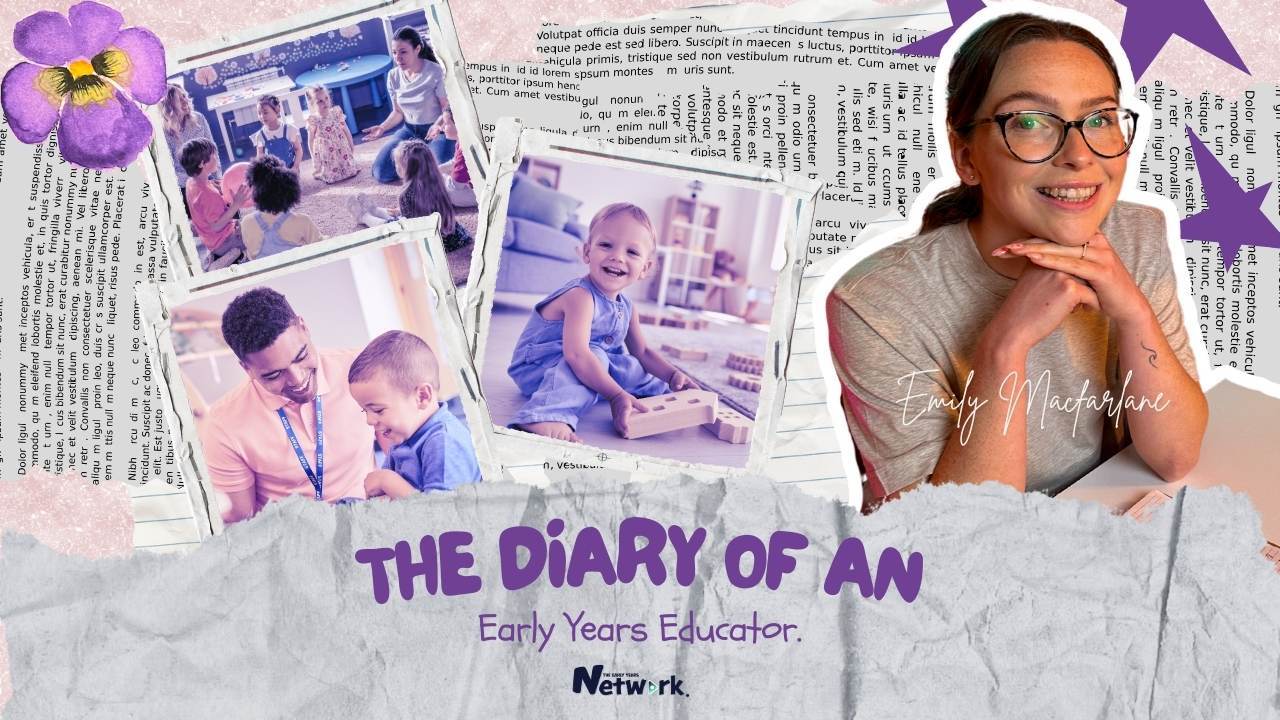

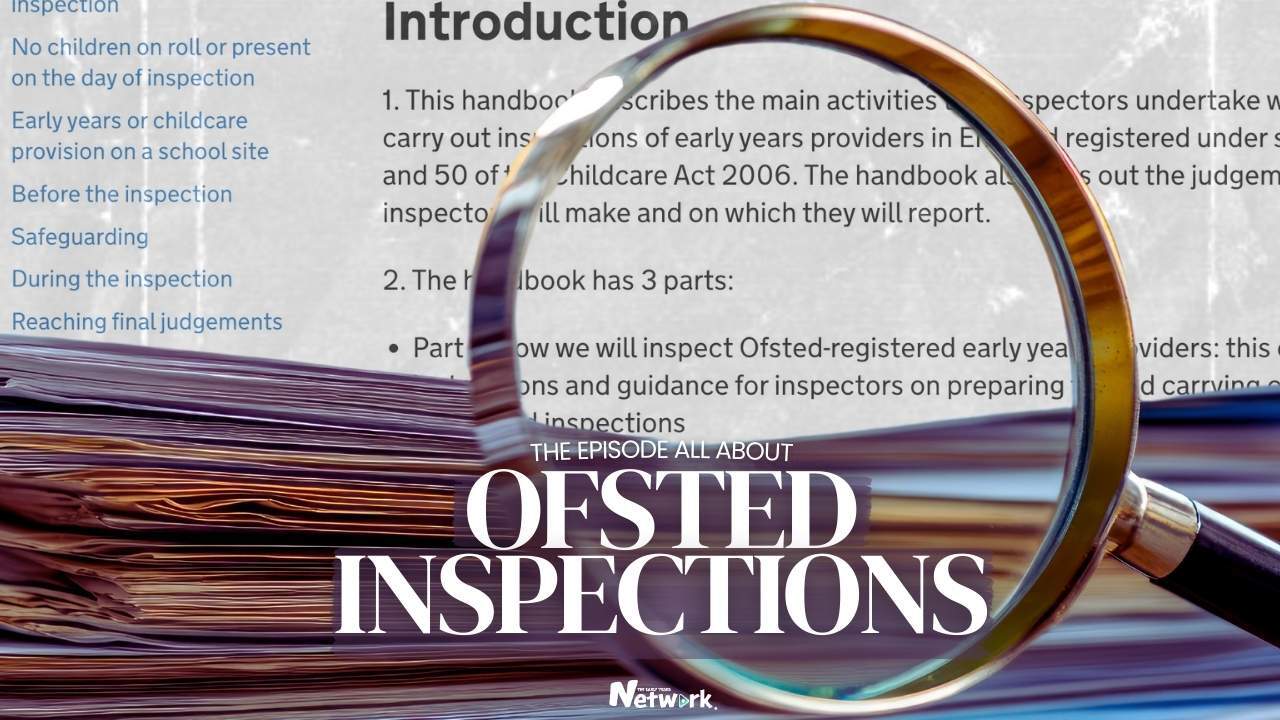




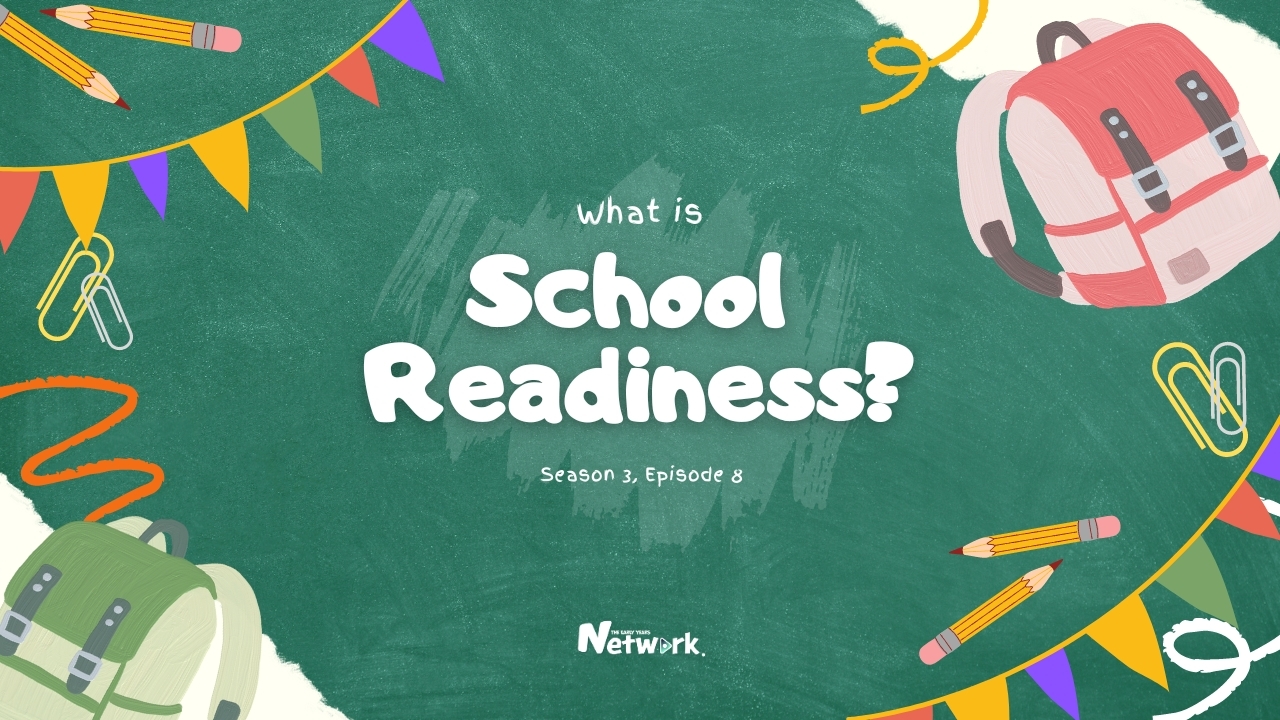








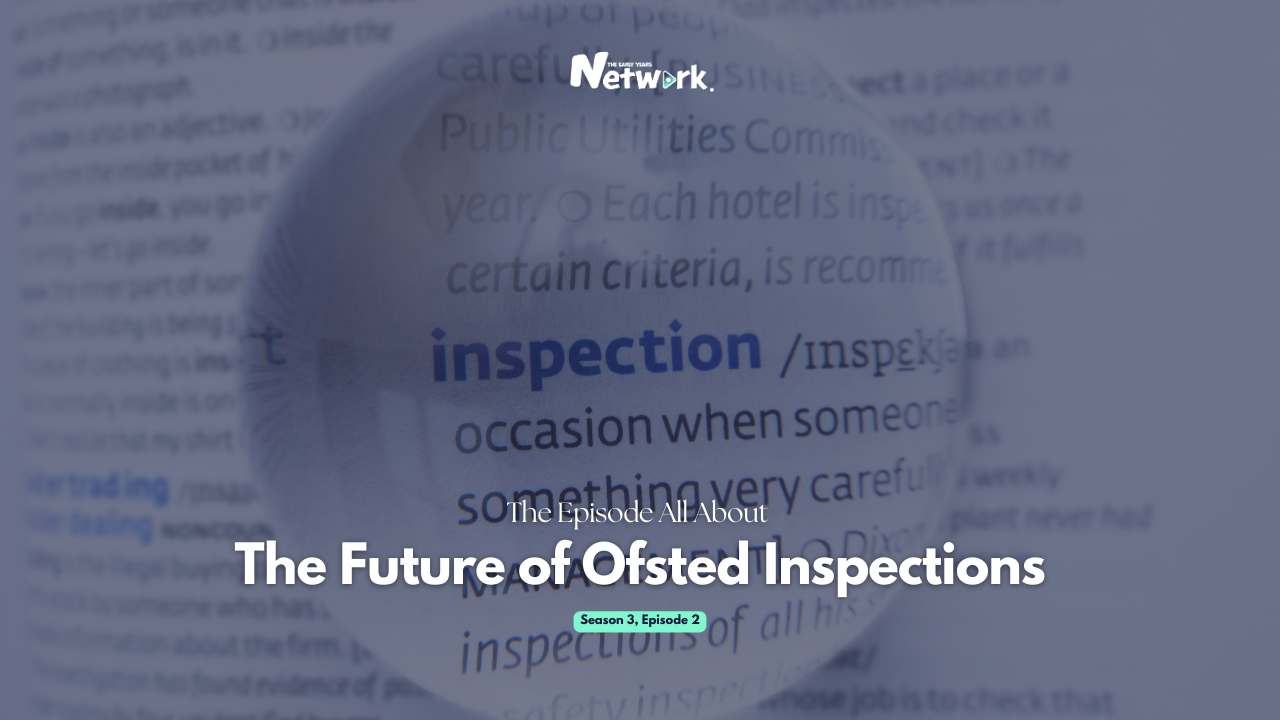




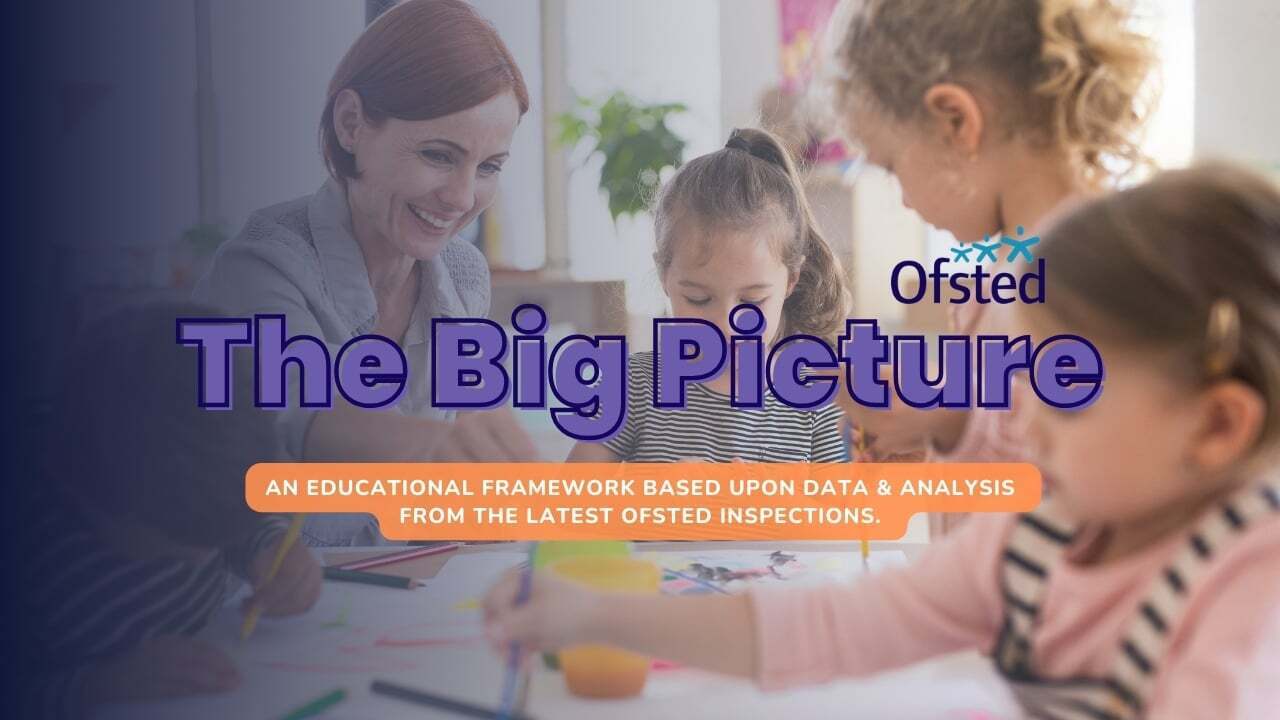



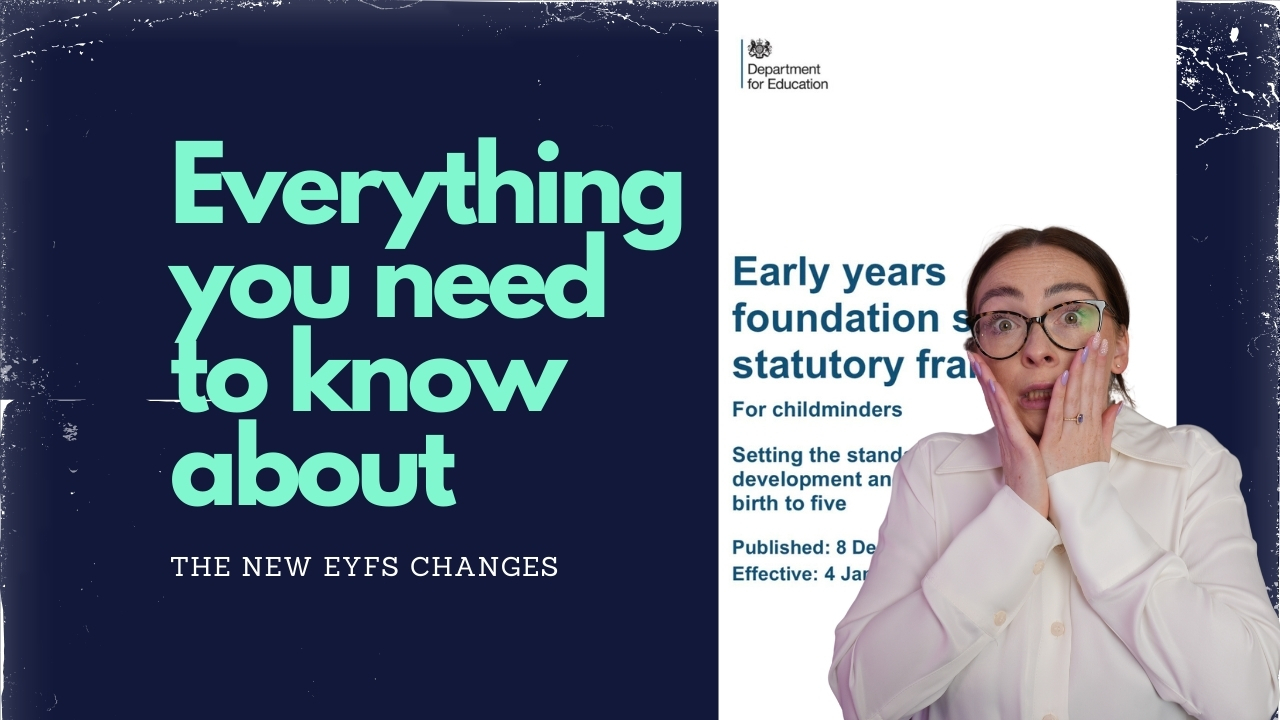







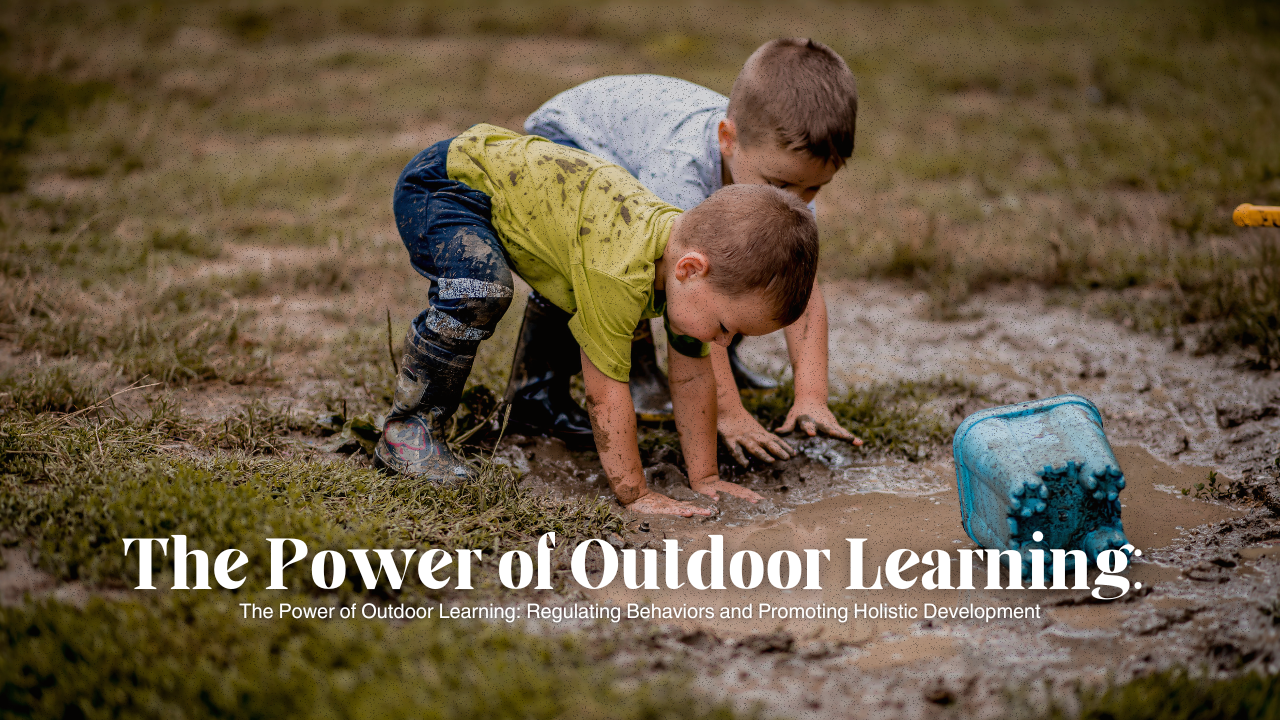


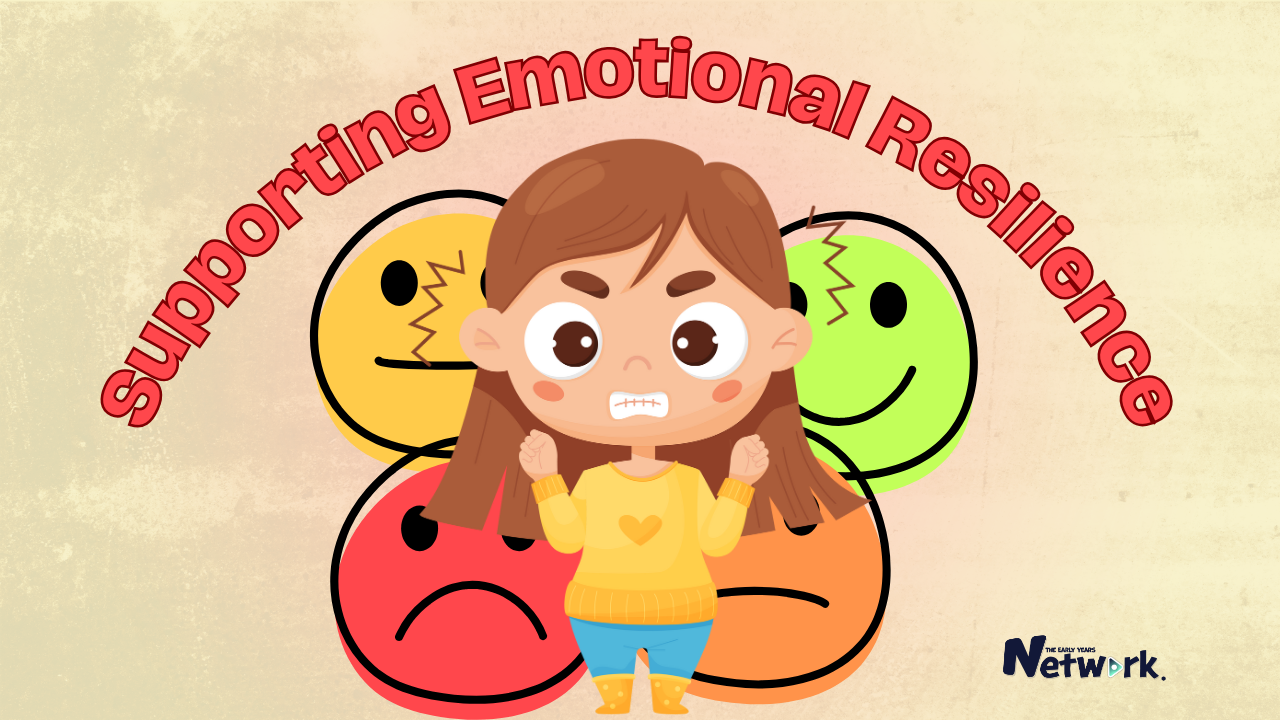


Comments 0
Leave a comment
Only your name will be published. Required fields are marked *